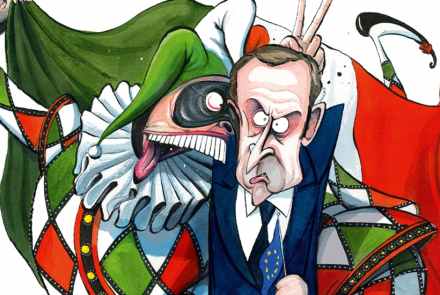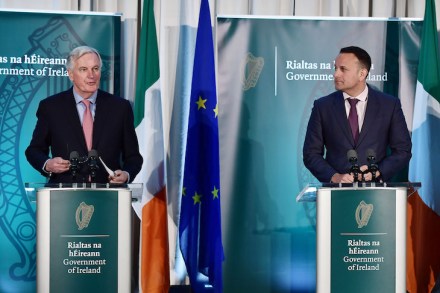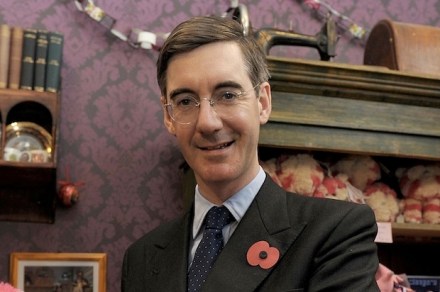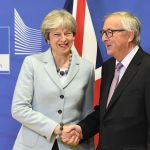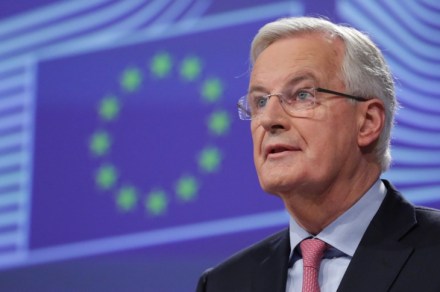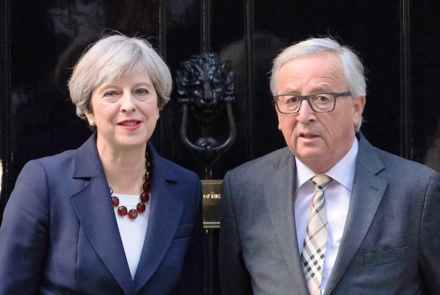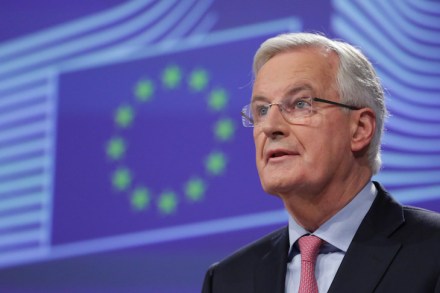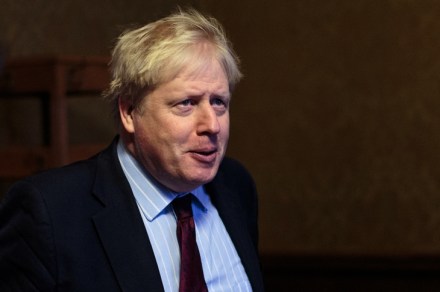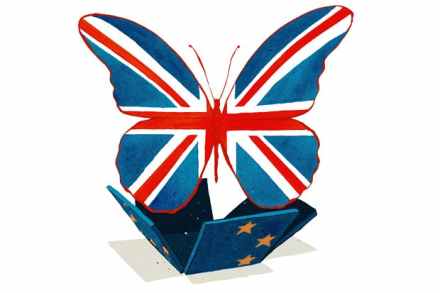The Spectator’s Notes | 31 May 2018
To understand how the European Union works, and how it doesn’t, it helps to think of it as an empire. Empires are not fashionable just now, but they have their uses. At their best — Rome, Britain — they are capable of upholding common standards, preserving peace and prosperity, and helping civilisation flourish. The EU has often achieved some of these things. But when empires are challenged by significant numbers of their inhabitants, their fundamental lack of legitimacy is exposed. The EU has now reached this stage because of imperial overstretch and imperialist doctrines — the euro and mass immigration being the most important. Anti-imperial independence movements take many forms.





